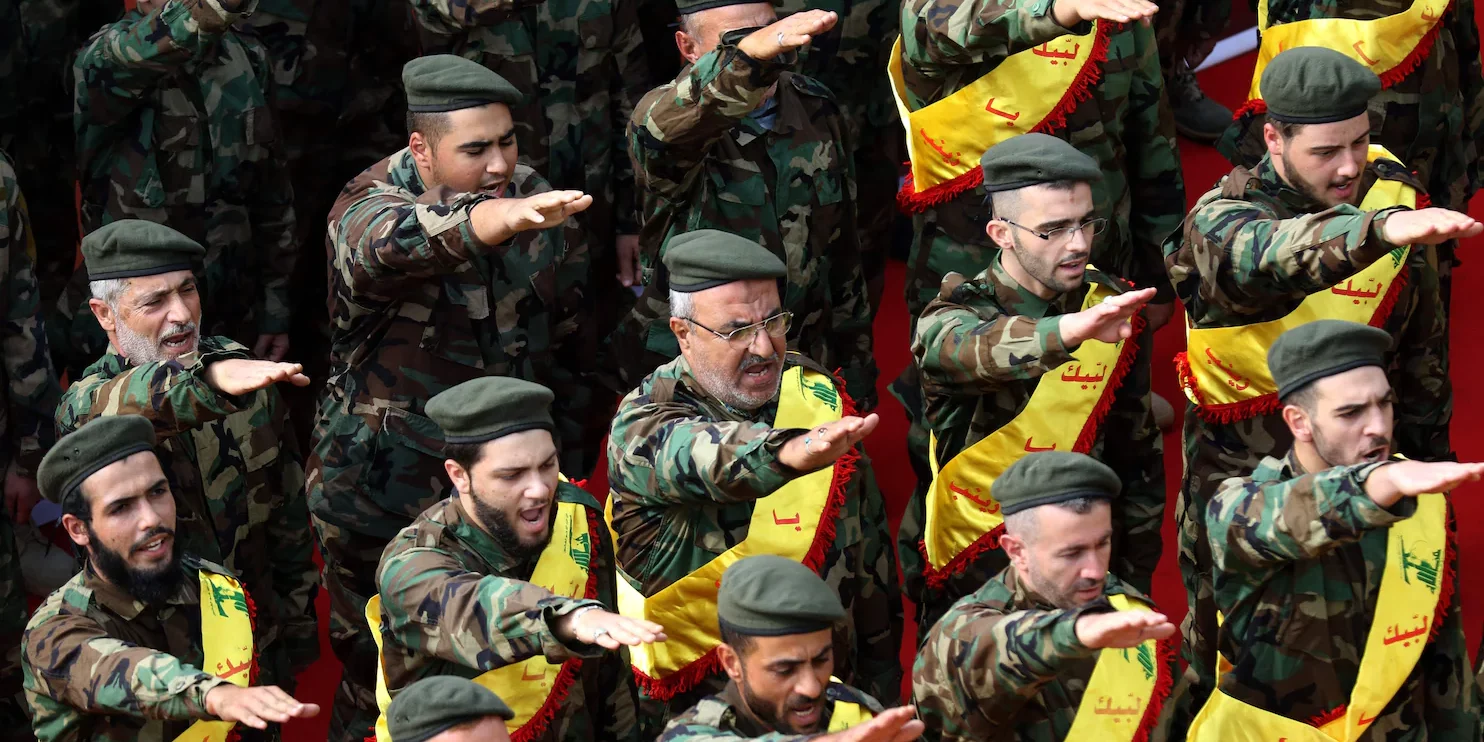Iran is smuggling gold from Venezuela to finance Lebanon’s Shiite Islamist Hezbollah movement, bypassing U.S. sanctions, according to a report by British-based opposition media that cited a confidential document.
According to Iran International, Lloyds Marine insurance company sent a warning to its clients that revealed the Islamic Republic’s illegal schemes through Venezuela, to fund its Lebanese proxy.
3 View gallery
The document – issued on October 28 and titled “Illicit trade and transfer of gold and Iranian oil “ – said the Quds Force of Iran’s Revolutionary Guards Corps (IRGC) was “facilitating the sale of Iranian oil” to the Latin American country and taking gold as a form of payment, in which it would send to Hezbollah “for terrorist activities.”
Lloyds further added that flights from Caracas to Tehran via Mahan Air were being used as an illicit channel to ship the gold for Iranian oil, branching sanctions imposed by the United States. Mahan Air is a privately-owned Iranian airline linked to the IRGC and sanctioned by the U.S. for weapons transfers.
The British insurance firm also identified some actors involved in “easing the illegal shipment of gold from Venezuela,” including Ali Kassir, a Hezbollah representative in Iran, and Mohammad Jaafar Kassir, a senior Hezbollah official.
Hezbollah, Iran’s ideological proxy
Venezuela using gold as a form of payment to Iran for “assistance in the energy field” is not a new phenomenon, noted Henry Rome to i24NEWS, a senior fellow and Iran watcher at The Washington Institute for Near East Policy. In April 2020, former U.S. special representative to Venezuela Elliot Abrams claimed that Iran was receiving gold for sending gasoline to Caracas, which was confirmed by a top IRGC official months later.
While Hezbollah’s presence in Venezuela is usually characterized solely as a potential terrorist threat, it’s widely thought that the group’s presence is much wider there, turning the Latin American country into a “hub for the convergence of transnational organized crime and international terrorism.”
“In Venezuela, you have a regime that is sympathetic to Iran, so by proxy, sympathetic to Hezbollah,” said David Daoud, research director of Lebanon, Israel, and Syria at United Against Nuclear Iran and a non-resident fellow at the Atlantic Council.
“There is also a huge Lebanese Shiite expatriate community, and Hezbollah knows how to make their inroads,” he told i24NEWS.
But Daoud mentioned that he took the Iran International report with a grain of salt, especially after the Sunday report that Iran had stopped channeling funds to several Palestinian factions.
“We know Iran funds Hezbollah, and we know Hezbollah is in Venezuela. But if Iran was feeling financially constrained, it’d seem implausible that they’d funnel money to Lebanon,” he said. “But that’s the ingenious model of Iran. Its proxies don’t need money to stay loyal, because of the ideological foundation. They’re ideologically loyal.”
But even in the midst of an apparent financial crisis in the Islamic Republic amid crippling U.S. sanctions and ongoing nationwide unrest, Daoud noted that Iran still has an interest in funding Hezbollah, which for its part has directed its attention away from fighting its enemies – specifically Israel – to deal with an economic collapse of its own.
“It’s a matter of priorities. Hezbollah realizes it cannot play the game when the enemy has the upper hand. They haven’t abandoned the fight against Israel, they just realized that they need to take care of its internal base before fighting again,” he explained, referring to Lebanon’s economic meltdown that has left much of the country’s infrastructure paralyzed and much of the population impoverished.
“Regardless of whether Hezbollah is actively confronting Israel, Iran has an interest in Hezbollah growing. The Iranian regime wants to export its revolution, and beyond fighting Israel, Hezbollah provides the critical service as a proxy of spreading the Shia ideology.”
“So if it can spare the funding, it will.”







